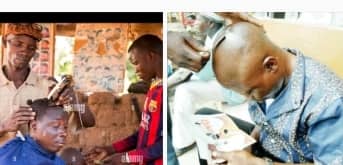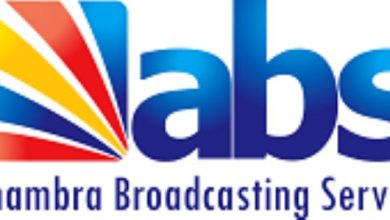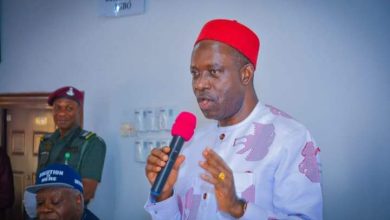
By: TONY OKAFOR
As I stepped into the Hausa Quarters in Amawbia, Awka South Local Government Area of Anambra State on December 31, 2024, I was not sure what to expect.
My mission was simple: to cash some money from a POS operator, drawn by the significantly lower charges compared to their Igbo counterparts.
What unfolded during my 30-minute stay was a fascinating revelation that challenged my preconceived notions about the Hausa tribe.
The Hausa community in Amawbia, which boasts a population of over 300 people, occupies about six plots of land on the Amawbia/Nise/Agulu/Ekwulobia Expressway.
As I conducted my transaction, I noticed a barber shop nearby, where a young Hausa barber was expertly dyeing the hair of a handsome young man in his late 30s.
The latter, surprisingly, spoke to me in fluent Igbo, revealing that he had chosen the Hausa barber due to the more affordable price – N600 compared to the N1,500 quoted by Igbo barbers.
Intrigued, I decided to get a haircut myself. The barber, however, needed to procure a specific type of razor blade, which required a trip to Amawbia town or Awka.
As I waited, a steady stream of Igbo elderly men arrived at the shop, drawn by the barber’s reputation for clean work and reasonable prices – N400 per haircut.
The POS operators, predominantly Muslims, charged N200 for N10,000, a far cry from the N400 demanded by Igbo operators.
During my wait, I observed the barber’s attention to hygiene, using a lighter to sterilize his shaving stick before attaching new razor blades.
I also noticed that the Hausa community seemed to be observing Christmas in their own way, with young girls wearing festive attire and sporting elegant hairstyles.
What struck me most, however, was the humility and respect shown by the Hausa individuals I encountered. Each person who passed by would genuflect in respect, acknowledging my age and presence.
This experience led me to question the validity of some of the negative stereotypes surrounding the Hausa tribe, which may be rooted in primordial biases rather than fact.
As I prepared to leave, I could not help but notice a steady flow of young Igbo men entering and exiting the area, carrying large sacks that appeared to contain suspicious materials, possibly vandalized electric cables.
This observation tempered my otherwise positive experience, highlighting the need for continued vigilance and community engagement.
My 30-minute sojourn at Hausa Quarters, Amawbia, was a valuable lesson in the importance of challenging our preconceptions and embracing diversity.
By doing so, we can foster greater understanding, respect, and cooperation among different ethnic and cultural groups.
As I left the community, I could not help but feel a sense of hope and optimism for a future where Nigerians from all walks of life can come together and celebrate their differences.



